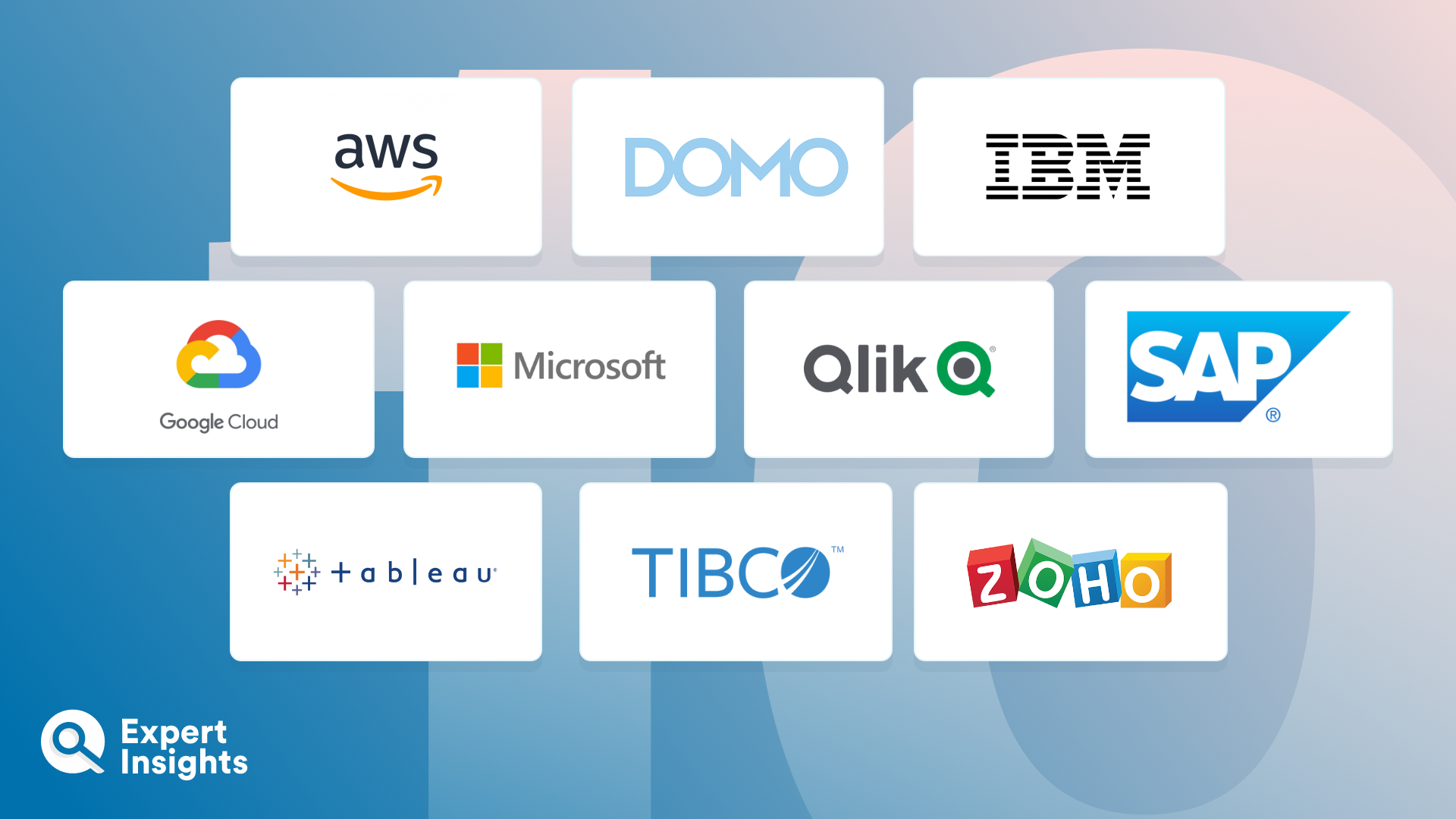Business intelligence (BI) platforms have become indispensable tools for businesses of all sizes, transforming how organizations collect, analyze, and act upon data. They’re no longer just a luxury; they’re a necessity for informed decision-making, improved operational efficiency, and a competitive edge. This article will delve into what business intelligence platforms are, their key features, benefits, and how to choose the right one for your organization. At the heart of this discussion lies the crucial term: business intelligence platforms. Understanding how these tools work and what they can do is paramount for any business seeking to leverage data effectively.
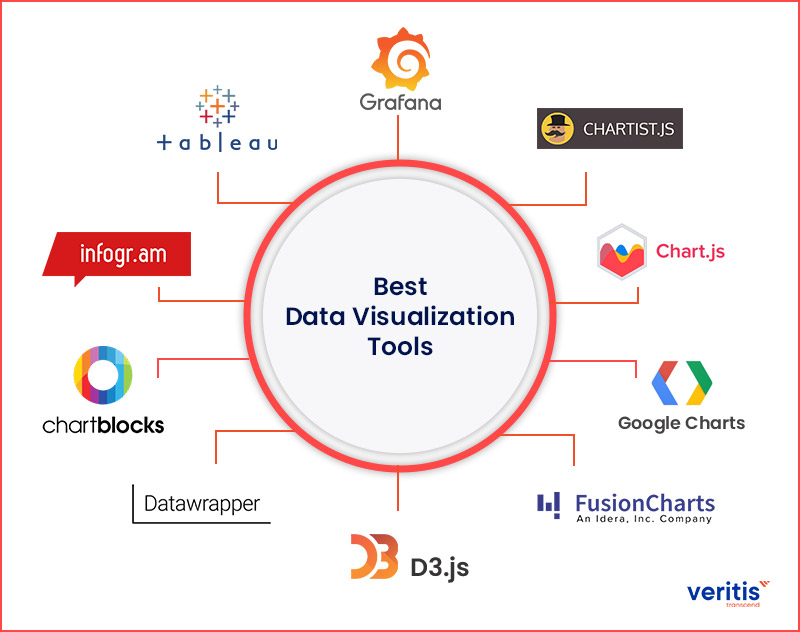
What Exactly is Business Intelligence?
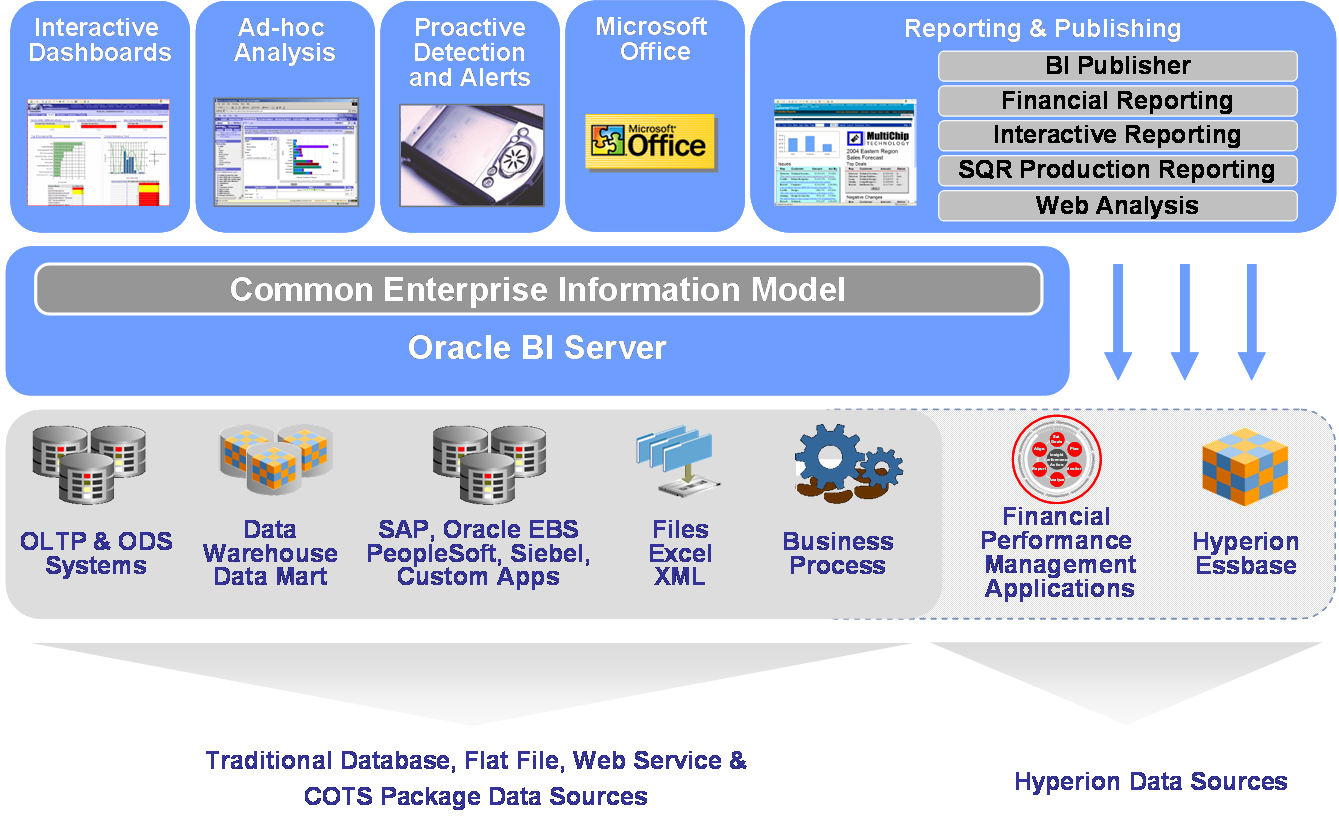
Before we dive into the platforms themselves, let’s define what business intelligence is. It’s a strategic approach to analyzing data to gain insights and make better decisions. It’s about moving beyond simply collecting data – it’s about understanding what data you have, how it’s being used, and what actions can be taken based on those insights. Traditionally, this involved manual reporting and spreadsheets, which were often slow, prone to errors, and difficult to scale. Today, BI platforms automate much of this process, providing a more dynamic and insightful view of your business.
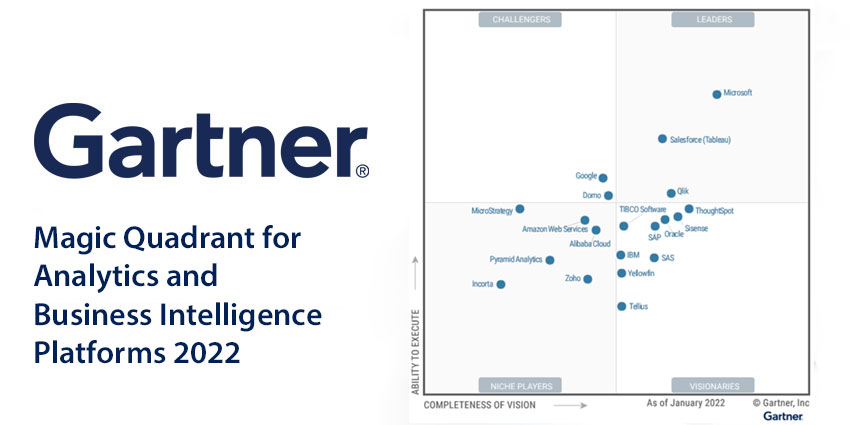
The core of BI lies in the collection, processing, and analysis of data from various sources – internal databases, CRM systems, marketing automation tools, web analytics, and more. This data is then transformed into meaningful reports, dashboards, and visualizations that allow users to identify trends, patterns, and anomalies. The goal is to move from reactive to proactive decision-making, enabling organizations to anticipate challenges and capitalize on opportunities. Effective BI isn’t just about presenting data; it’s about translating data into actionable intelligence.

Key Features of Modern Business Intelligence Platforms
Several key features distinguish modern BI platforms from older, more basic solutions. Here’s a breakdown of some of the most important:
![]()
- Data Integration: This is arguably the most critical feature. Platforms seamlessly connect to a wide range of data sources, eliminating the need for manual data transfer and ensuring data consistency. They often offer ETL (Extract, Transform, Load) capabilities, allowing for data cleansing and preparation.
- Data Visualization: BI platforms excel at creating visually appealing and interactive dashboards and reports. These visualizations allow users to quickly grasp key performance indicators (KPIs) and trends. Different chart types (bar charts, line graphs, scatter plots, etc.) are available to suit various data types and analytical needs.
- Advanced Analytics: Beyond basic reporting, many platforms offer advanced analytics capabilities such as predictive modeling, data mining, and statistical analysis. This allows organizations to forecast future trends, identify potential risks, and optimize their operations.
- Real-Time Data Processing: Some platforms can process data in real-time, providing up-to-the-minute insights. This is particularly valuable for industries like retail, finance, and logistics, where timely information is crucial.
- Collaboration Tools: Many BI platforms include collaboration features that allow users to share dashboards, reports, and insights with colleagues. This fosters a culture of data-driven decision-making across the organization.
- Mobile Access: Increasingly, BI platforms offer mobile apps that allow users to access dashboards and reports on the go.
Benefits of Implementing a Business Intelligence Platform
Investing in a business intelligence platform can yield significant benefits for any organization. Here are some key advantages:

- Improved Decision-Making: By providing access to accurate and timely insights, BI platforms empower decision-makers to make more informed choices.
- Increased Operational Efficiency: Identifying bottlenecks and inefficiencies through data analysis can lead to streamlined processes and reduced costs.
- Enhanced Customer Understanding: BI can help organizations gain a deeper understanding of their customers – their needs, preferences, and behaviors.
- Competitive Advantage: Data-driven insights can help organizations identify new opportunities, respond to market changes, and outperform their competitors.
- Better Resource Allocation: By analyzing resource utilization, organizations can optimize their investments and allocate resources more effectively.
- Risk Management: BI can help identify and mitigate potential risks by monitoring key performance indicators and identifying anomalies.
Choosing the Right Business Intelligence Platform: A Key Consideration
With so many BI platforms available, selecting the right one can be daunting. Here are some factors to consider:
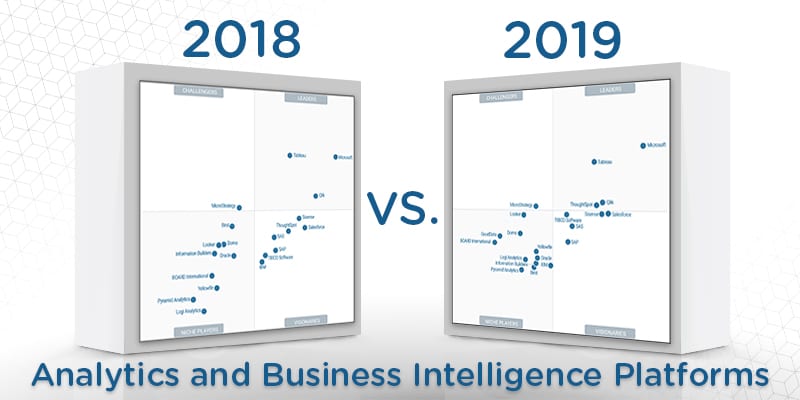
- Business Needs: What are your specific analytical requirements? Do you need advanced analytics, real-time data processing, or strong collaboration features?
- Data Sources: What data sources do you need to connect to? Ensure the platform supports your existing data sources.
- Scalability: Can the platform scale to meet your future needs?
- Cost: Consider the total cost of ownership, including licensing fees, implementation costs, and ongoing maintenance.
- Ease of Use: Is the platform user-friendly and intuitive? Consider the training requirements.
- Security: Ensure the platform offers robust security features to protect your data.
Popular BI platforms include Tableau, Power BI, Qlik Sense, and Microsoft Power BI. Each platform has its strengths and weaknesses, so it’s important to research and compare them carefully.
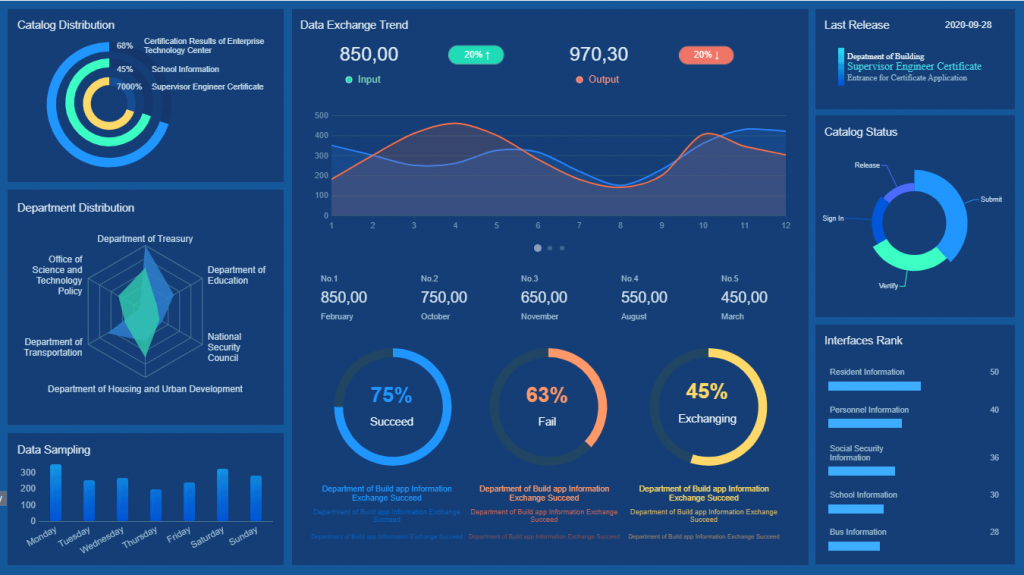
The Role of Data Governance in Business Intelligence
While powerful platforms offer tremendous potential, their effectiveness hinges on proper data governance. Data governance encompasses policies, procedures, and standards for managing data throughout its lifecycle – from creation to storage to usage. Without strong data governance, BI insights can be misleading or unreliable. This includes defining data quality standards, establishing data ownership, and implementing data security measures. A well-defined data governance framework ensures that data is accurate, consistent, and accessible, maximizing the value of your BI investments.

Conclusion: Embracing the Power of Business Intelligence
Business intelligence platforms are no longer a niche technology; they are a fundamental component of modern business strategy. By providing the tools and insights needed to make data-driven decisions, these platforms empower organizations to improve efficiency, enhance customer understanding, and gain a competitive advantage. As data continues to grow in volume and complexity, the importance of effective business intelligence will only increase. Organizations that embrace BI and prioritize data governance will be best positioned to thrive in today’s rapidly changing business environment. The core concept, business intelligence platforms, remains central to achieving strategic goals.
